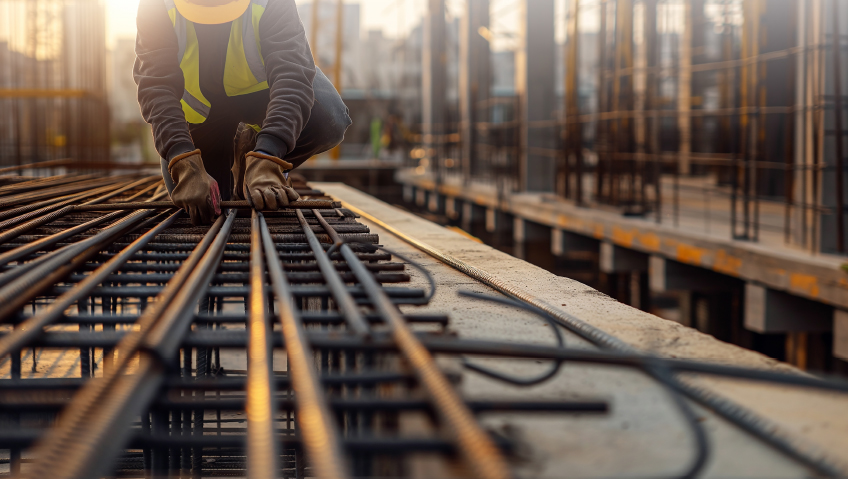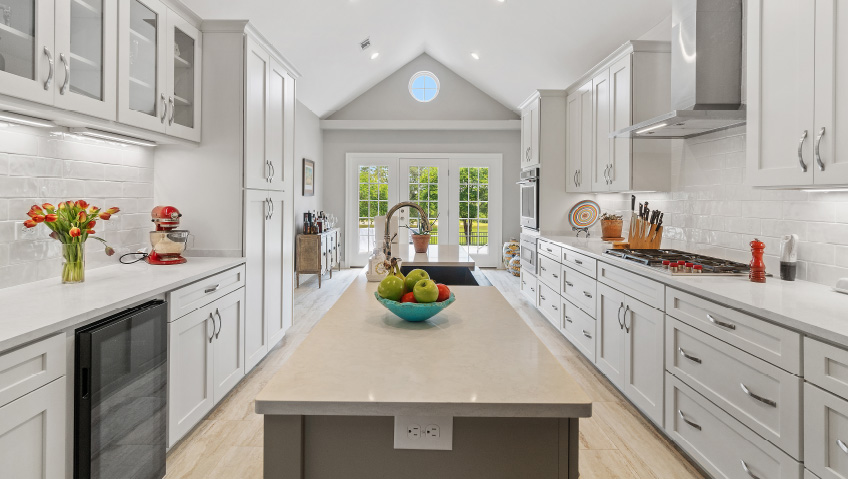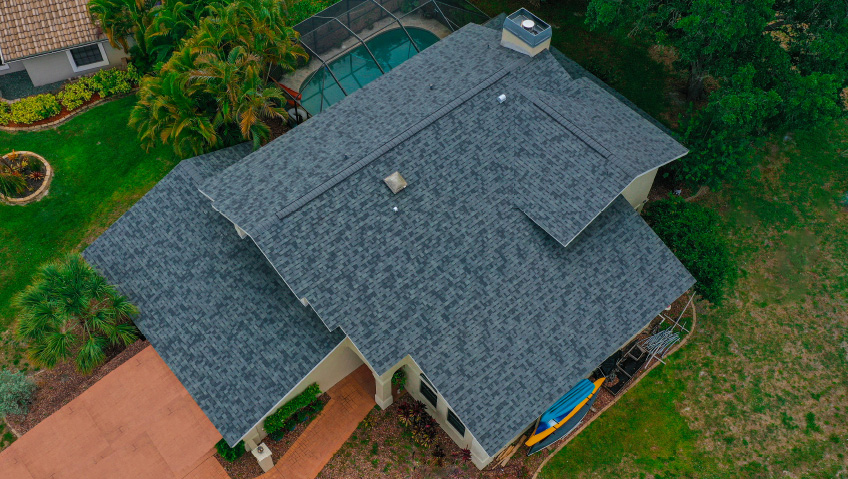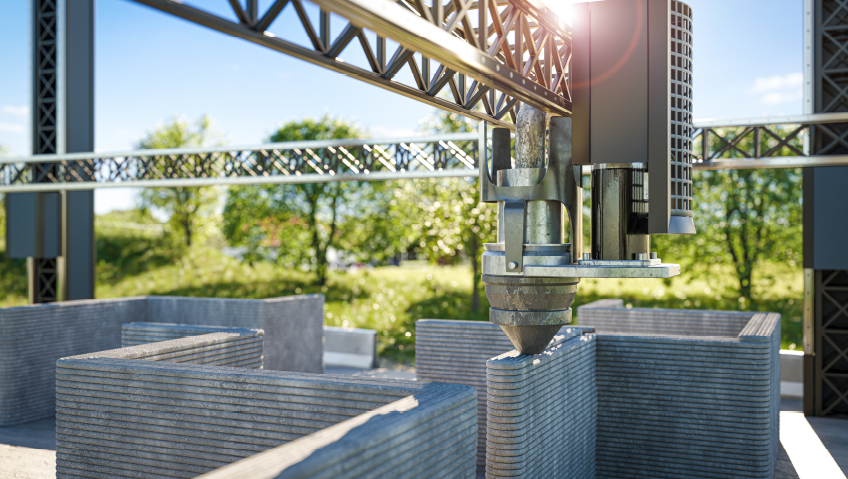JR McNeal, owner and founder of Salinas Shell Contracting, has been involved with the home construction market since 2000, in a career that has seen him go from decking roofs to framing and into concrete. At the suggestion of one of his concrete contractors, he got his start in shell contracting, the construction of the foundation and structure of a building, around two years ago in Tampa, Florida.
In developing the company now known as Salinas, the difference in McNeal’s approach to shell contracting has already made itself known through the company’s practices. Salinas is “not trying to work for everybody; we want controlled growth,” McNeal says, which differentiates the business from many of its peers in the construction and home-building industries. He says that shell is the wave of the future and Salinas is riding that wave.
As a shell contractor, the company offers a wide range of services that have to do with the outer construction of homes. McNeal describes Salinas as essentially a large subcontractor, often sought after by lumber companies to self-perform shell creation, which is handy as he believes that the future of the business will likely see lumber companies self-performing these types of operations.
Although you may not see the Salinas name on the sides of trucks, this is because the company works with only a 10 percent overhead cost afforded to itself. McNeal says that if the company does slab, block, and framing at 10 percent, if it makes $5000 to $7000 a unit at 1000 units per year, that can equal a $7 million gross, which suits Salinas’ purposes just fine and comes back in both value and savings for its clients. This approach further assists in keeping costs low, in turn helping Salinas remain highly competitive in the market as most companies need at least a 20 percent gross to get by.
McNeal says that larger construction companies must continually produce large amounts of homes every year lest they suffer during market slowdowns. Conversely, Salinas’ lean operation is advantageous as it can take on work from accounts that inevitably fall through the cracks of larger firms. Although still a relatively young operation, staying nimble is paying off.
McNeal works closely with his wife as well as their business partner Javier, and all three play a variety of roles within the company and have 25 years of experience working closely together. Although McNeal himself plays many roles in his company, he thinks it is very important to find employees who take ownership of both the work they do and the company for which they work. Salinas has been lucky to have quality employees, which allows every project to benefit from a greater degree of focus and investment.
At Salinas, the lines of communication are always kept open between departments, like the head of construction and the purchasing department, to ensure the swift relay of information at all times, and this lack of congestion and open approach is highly effective in today’s market.
Although Salinas gives itself a boost above the competition through the lean way it operates, the construction market itself provides plenty of tests of its own. One of the biggest challenges in the market is production, which has fallen at a rate of 10 to 15 percent based on the current state of interest rates. “We feel everyone should have the right to an affordable home,” McNeal says, and this value propels the company forward in the face of any hardships.
These industry-wide issues also affect Salinas’ subcontractors in a trickle-down manner, so relationships with contractors are crucial to stay competitive. Lumber market pricing is around $12.75 a sheet right now, and the way that the market moves is not gradual and can in fact change overnight.
Customers in the housing market are also not eager to upgrade homes to take on potentially higher interest rates than what they already pay, so there is a degree of wait-and-see in the market among potential clients. Despite pricing variances and swift changes, as well as positive changes including a recent slight decline in interest rates, Salinas does not change anything with its contracts once an agreement is reached. The company will always stick to its word with clients.
The market is often a funny one with lots of slow-downs and speed-ups, according to McNeal. 2024 being an election year also plays a role in the interest rates shifting, but developers are now getting the chance to catch up. At times, when the market was busier, developers had a hard time keeping up and builders could not work because their lots were not ready; now, many of these lots are ready to go. The market is expected to pick up near the end of the year and into 2025, especially as a lot of clients are on the fence about buying a home as the market begins to even out. McNeal says that, while some people think the world is falling apart, he believes it is in fact getting back to normal, echoing the confidence that Salinas continues to possess around an at times rocky industry forecast.
He is confident that more growth is on the way for the new year and beyond. Salinas’ work is mainly focused on South Georgia and in Tampa, with around 15 to 20 accounts in Jacksonville and other nearby areas. Strategies are coming together for moves into markets that can benefit from the company’s services: further into Tampa, Wauchula, Sebring, and even Orlando.
The greater vision for 2025 involves being of service in Tampa, Orlando, and more areas of Florida. Above all, Salinas Shell Contracting will keep its values of service, relationships, and loyalty at front of mind; as McNeal says, “We’re all in this together… We’re all trade partners.” The Salinas team wants to find those partners who feel the same way and are patient in developing these relationships.
McNeal also feels that the hardships being faced now are nothing compared to larger downturns like those seen in 2006-2008. Salinas Shell Contracting has been through much worse and come out the other side even better for having held its ground, so there is no end for this crew as the company buckles down and keeps busy in the shell contracting business.






